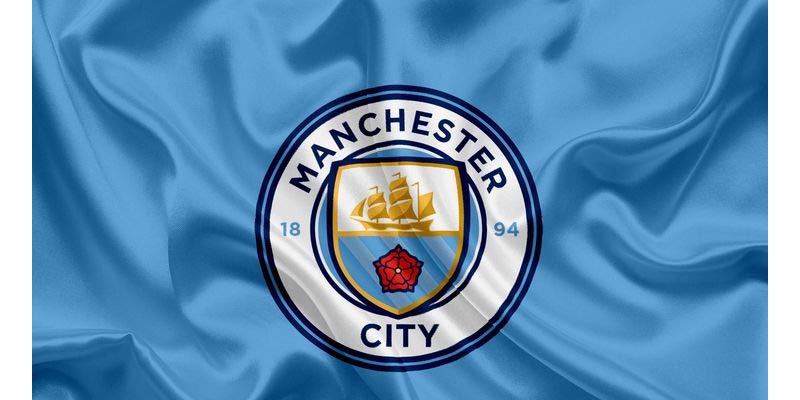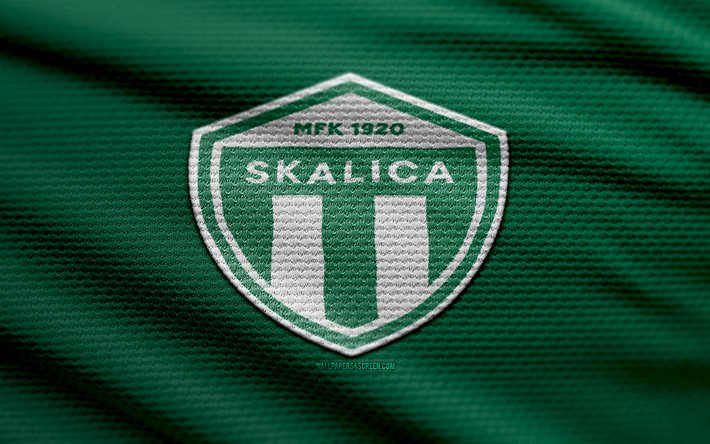
Manchester City FC: The Rise of a Football Giant
The story of Manchester City FC is one of transformation, resilience, and the relentless pursuit of greatness. From its humble beginnings as St. Mark’s (West Gorton) in 1880 to becoming one of the most dominant clubs in modern football, Manchester City FC encapsulates the essence of passion, ambition, and community. This blog post delves into the incredible journey of this football giant, exploring its historical roots, significant milestones, influential figures, and the impact it has made on both the domestic and international football scenes VN88.
The Early Years: Founding and Formation
The foundation of Manchester City FC can be traced back to 1880, when a group of church members from St. Mark’s Church in West Gorton decided to form a football team. Initially named St. Mark’s, it would later undergo a branding evolution that would see it transformed into a local footballing powerhouse.
The Birth of St. Mark’s
Established by a group of enthusiastic amateurs, St. Mark’s played its first matches against other local teams. The club’s early years were marked by modest success, primarily participating in local leagues and cup competitions with varying degrees of performance. Key factors during these formative years included:
- Community Engagement: The club was deeply rooted in the local community, often involving families and parishioners in the activities surrounding the game. This helped forge a strong bond between the club and its supporters.
- Talent Development: Young players from the surrounding areas began to emerge, laying the groundwork for a sustainable future. Some of these early stars would eventually contribute to the club’s rise in prominence.
Transition to Manchester City
In 1894, the club rebranded itself as Manchester City Football Club, marking a significant turning point in its history. The new name symbolized a broader vision and a desire to compete not only locally but also nationally.
- First Major Trophy: With the name change came a renewed sense of purpose, and soon after, in 1904, Manchester City lifted its first major trophy—the FA Cup—defeating Bolton Wanderers at Crystal Palace. This victory was pivotal, as it instilled a winning mentality within the club.
- Stadium Development: The acquisition of Maine Road in 1923 provided the club with a proper home, facilitating better matchday experiences for fans and further solidifying their identity within Manchester.
The Interwar Period and Beyond
The subsequent decades saw Manchester City oscillate between highs and lows, with periods of success as well as hardship.
- League Success: The club experienced league success in the late 1930s, highlighting its ability to attract talent and cultivate a competitive spirit. These achievements introduced City to a wider audience, further embedding its status in English football.
- Challenges Ahead: However, the onset of World War II disrupted football across Europe, leading to significant challenges for many clubs, including City, which struggled to maintain its momentum.
The Golden Era: 1960s and 1970s
With the dawn of the 1960s, Manchester City FC entered what many consider its golden era. Under the management of Joe Mercer and later Malcolm Allison, the club enjoyed unprecedented success.
Domination in Domestic Competitions
During this period, Manchester City established itself as one of England’s foremost clubs, achieving remarkable success in domestic competitions.
- League Titles and FA Cups: The club captured multiple league titles and additional FA Cups, showcasing its dominance in English football. The legendary 1969-70 season saw City clinch the League Championship, FA Cup, and European Cup Winners’ Cup—a feat achieved by very few clubs.
- Star Players: The emergence of iconic players like Francis Lee, Colin Bell, and Mike Summerbee brought flair and talent to the pitch. Their on-field chemistry and commitment endeared them to the fans and created legendary moments.
European Glory
City’s triumph in the 1970 UEFA Cup Winners’ Cup marked a historic milestone for the club, as they became the first English side to lift the trophy.
- Challenging the Best: European competition presented unique challenges, but City thrived in these high-stakes environments, showcasing their tactical prowess and grit. This achievement laid the foundation for future ambitions on the European stage.
- Impact on Football Culture: The performances during this era contributed significantly to the cultural landscape of English football, inspiring future generations of players and fans alike.
The Decline and Struggles
Despite the immense success, the late 1970s and early 1980s brought significant challenges. As the club tried to sustain its successes, it faced financial difficulties and poor performances.
- Relegation Battles: Inconsistent results led to relegation battles and a struggle to maintain a competitive edge in higher divisions. The club’s financial struggles forced management to make difficult decisions that impacted its ability to recruit top-tier talent.
- Fan Loyalty: Despite the turbulent times, the unwavering support from fans demonstrated the deep-rooted loyalty towards Manchester City FC, reinforcing the notion that true allegiance transcends success and failure.



